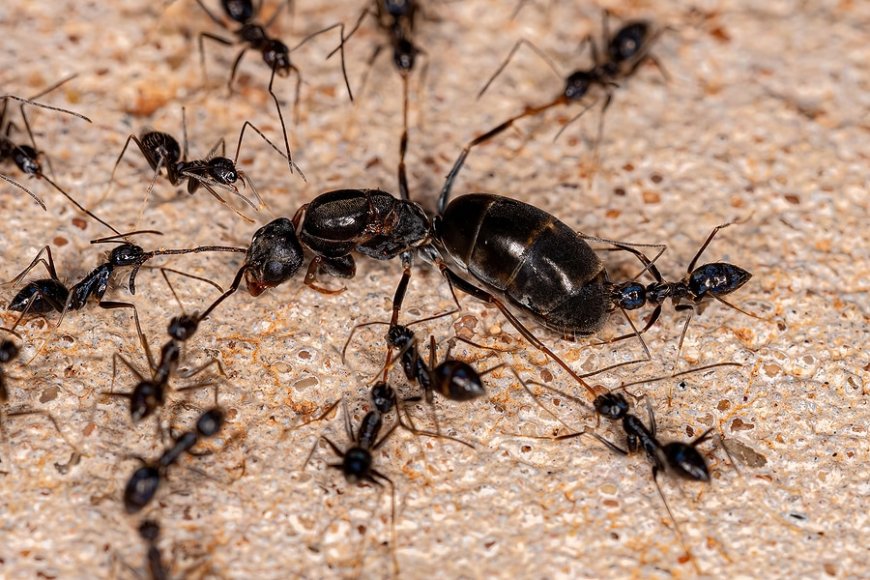Why DPP Wants Very Tough Sentence Against Foreigners Who Smuggled Ants
The accused pleaded guilty last week before Senior Principal Magistrate Njeri Thuku to illegal possession of the ants

Kenya’s Director of Public Prosecutions (DPP) has called for a stiff sentence against four individuals at the centre of a bizarre but serious wildlife trafficking case, involving over 5,000 live queen garden ants smuggled through Jomo Kenyatta International Airport (JKIA).
The accused — Belgian nationals Lornoy David and Seppe Lodewijckx, Vietnamese national Duh Hung Nguyen, and Kenyan national Dennis Ng’ang’a — pleaded guilty last week before Senior Principal Magistrate Njeri Thuku to illegal possession of the ants, which are estimated to be worth Ksh 1.2 million.
In court today, prosecutors Allen Mulama, Paula Rono, and Bramwel Shitsama submitted detailed findings from the Kenya Wildlife Service (KWS), describing the ecological and economic stakes of the case and highlighting a growing black market for exotic insects.

Foreigners and a Kenyan in court on April 23, 2025 after being arrested for smuggling live ants. /ODPP
The KWS report revealed the ants were smuggled in specially modified test tubes manufactured in China, tech designed to evade airport scanners and keep ants alive for months.
Authorities said the contraband was likely destined for European markets, where a single queen ant can fetch between €60 and €100 (Ksh 9,000–Ksh 15,000), often used for high-end cuisine and niche pet collections.
One KWS officer dismissed this as just an unorthodox crime, adding that it is a growing front in global wildlife trafficking that threatens local ecosystems and plays into a broader illegal trade in biological material.
KWS noted this case fits a rising pattern of insect smuggling, with similar incidents flagged at JKIA and courier hubs in Nairobi, Gilgil, and Naivasha since 2019. Traffickers often mislabel shipments as wood carvings or toys to dodge inspections.
The prosecution also tabled a scientific report from the National Museums of Kenya, authored by a top entomologist. The report warned of the environmental damage caused by the mass harvesting of queen ants, including ecological imbalance, reduced soil health, and increased risk of invasive species.
Sentencing is slated for May 7, and the DPP is urging the court to set a precedent to deter future biological smuggling syndicates.
Queen ants can fetch serious money— common types usually sell for Ksh 200 to Ksh 1,000, mid-range rare ones go for Ksh 1,500 to Ksh 5,000, and the most exotic or hard-to-capture queens can command prices as high as Ksh 6,000 to Ksh 15,000.
Smuggling queen ants is illegal under Kenya's Wildlife Conservation and Management Act 2013. This act, specifically Section 95(b), prohibits dealing in wildlife, including queen ants, without a permit. Individuals caught smuggling queen ants can face charges and penalties, including fines and imprisonment.







